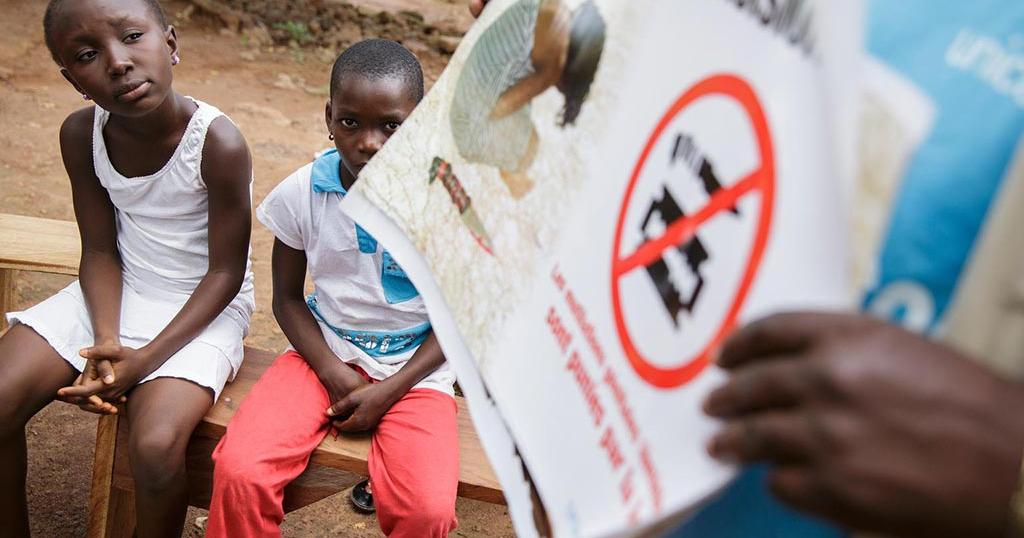Longevity, influence and the social media trap: Who do we trust with our health?
In a world where six-pack abs are flaunted more than six-point health plans, who are we really trusting […]

The Gambia is embroiled in a contentious debate over the possibility of becoming the first nation worldwide to revoke a ban on female genital mutilation (FGM). Despite the practice being widely condemned as a violation of human rights, deeply rooted social and religious beliefs have thrust the country into a heated discussion.
The Women's (Amendment) Act 2015, enacted by President Yahaya Jammeh, included a ban on female genital mutilation (FGM) among its provisions aimed at prohibiting harmful practices against women and girls in the Gambia.
Despite its significance in safeguarding women's rights, the law has faced increasing pressure for repeal since 2023, sparking outrage and fears for the well-being of girls and women across the nation.
Advocates for the repeal argue that it is essential to uphold religious and cultural traditions. The bill to overturn the FGM ban cleared its second reading in parliament, with a majority of lawmakers supporting it. Notably, only a handful of predominantly male legislators voted against the bill, while one abstained. While only one of the five women in the assembly opposed the repeal, Semafor Africa reports.
The bill is now subject to further review by a parliamentary committee before a final vote is cast. However, the timeline for this review process remains uncertain, leaving the fate of the ban hanging in the balance.
FGM, which involves the partial or complete removal of the clitoris, holds deep cultural significance in many Gambian communities. It is often viewed as a traditional rite of passage symbolising femininity and cultural identity, despite the severe health risks associated with the practice.
The ban on FGM was implemented during the autocratic rule of former President Yahya Jammeh, who opposed the practice. However, the possibility of its reversal has sparked widespread backlash, prompting activists and civil society groups to stage protests at the National Assembly building during both readings of the bill.
Gambian women’s rights activist and founder of Women in Liberation and Leadership, Fatou Baldeh, said, “Whatever comes out of this threat to repeal the law will set a precedent, especially for African countries where FGM is practiced. Presently, the reason that policymakers are giving is that people at the community level want the FGM ban to be lifted so that they can continue the practice. The other reason is that Female Genital Mutilation is a religious requirement in Islam. If this law is repealed, it will open the vacuum for girls to be continually cut. It will encourage other countries not to pass laws to ban it. It will also open the doors for cross-border cutting. For example, families in Senegal will cross over and have their girls cut,” she told Global South World.
Women's rights advocates fear that lifting the ban could lead to a resurgence of FGM and exacerbate the already dire health consequences faced by affected women and girls.

In a world where six-pack abs are flaunted more than six-point health plans, who are we really trusting […]

In the era of social media, post-COVID, and with mental health at the forefront, a shift is taking […]